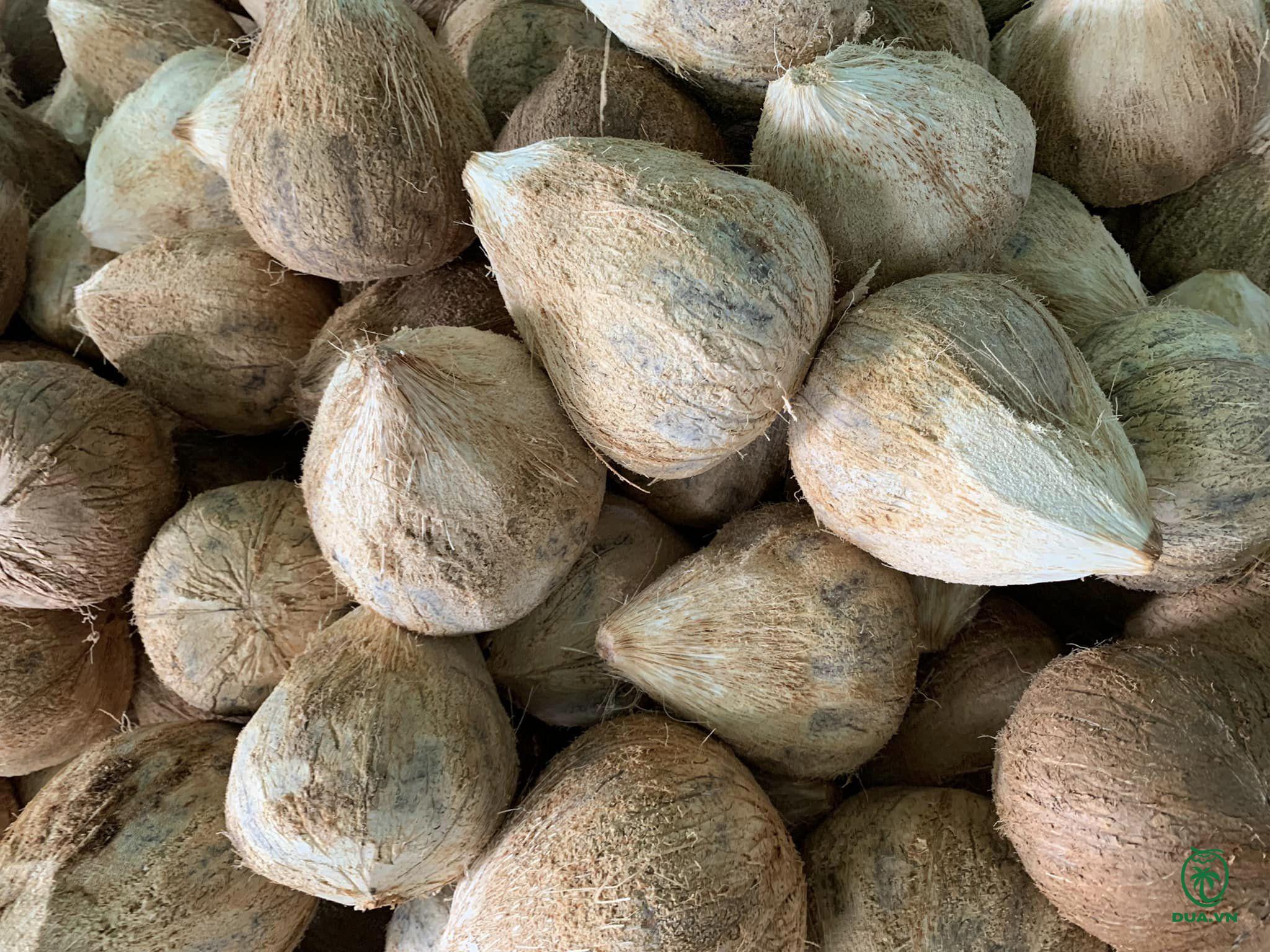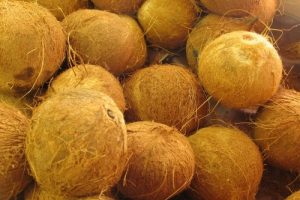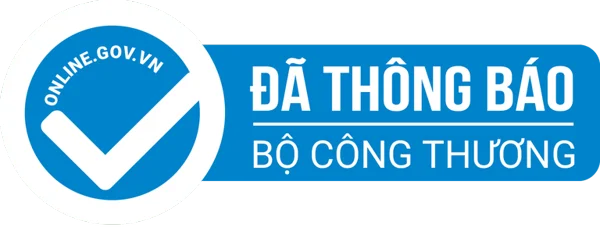
Learn about the promising market and the factors needed to succeed in the dried coconut export business.
Vietnam, with its favorable climate and soil, has become one of the world’s largest coconut producers. In recent years, the country’s dried coconut export industry has seen significant growth, attracting the attention of many businesses and investors.
1. Procedures for exporting dried coconut
HS Code and Permits:
- HS Code: The HS code for dried coconut is 08011100.
- Permits: Generally, dried coconut is classified as a freely exportable commodity, and no business license is required. However, depending on the specific market and requirements of the importing country, additional certifications may be necessary.
Required Documents:
- Commercial Invoice: Details of the product, quantity, value, etc.
- Packing List: Information on packaging, quantity of products in each package, etc.
- Bill of Lading: Proof of shipment.
- Certificate of Origin: Proof that the goods originate from Vietnam.
- Certificate of Quality: Proof that the product meets quality standards.
- Phytosanitary Certificate: Ensures that the product is free from pests and diseases.
- Other documents: Depending on the requirements of the importing country.
Export Procedures:
- Preparing Goods: Ensure that the dried coconut meets quality standards and is packaged securely.
- Customs Procedures:
- Customs declaration: Accurately declare information about the goods, quantity, value, etc.
- Submit required documents.
- Pay fees and taxes.
- Transportation: Choose a suitable mode of transport (sea, air, etc.) and complete the shipping procedures.
Notes:
- Quality Standards: Exported dried coconut must meet food safety and hygiene standards, be free from contaminants and harmful chemicals.
- Regulations of the Importing Country: Each importing country has different regulations regarding the import of dried coconut. Businesses need to research thoroughly before exporting.
- Commercial Contract: The contract should clearly specify the terms regarding quality, quantity, price, payment terms, and responsibilities of the parties.
- Risks: During the export process, businesses may face various risks such as exchange rate fluctuations, trade barriers, and competition.
Consultancy: To ensure a smooth export process, businesses should seek assistance from experienced logistics service companies in:
- Customs Procedures: Helping businesses complete customs procedures quickly and accurately.
- Transportation: Finding optimal shipping routes to ensure goods are delivered safely and on time to customers.
- Market Consulting: Providing information about the market, competitors, helping businesses make effective business decisions.

2. Why is dried coconut export so attractive?
- High market demand: Dried coconut is a natural, nutritious product that is popular with consumers worldwide.
- High economic value: Compared to fresh coconuts, dried coconuts have a much higher economic value, bringing greater profits to producers.
- Potential for sustainable development: The coconut industry has the ability to create jobs, increase incomes for people, especially in rural areas.
3. Factors for successful dried coconut export
- Product quality: Dried coconuts must meet quality and food safety standards to meet the requirements of demanding markets.
- Product diversification: In addition to traditional dried coconut, processed coconut products such as coconut oil, coconut milk, and coconut candy are also highly sought after.
- Brand building: Building a strong Vietnamese coconut brand will help products become more competitive in the international market.
- Market expansion: Businesses should seek out new markets in addition to traditional ones.
- Government support: Government support in terms of capital, technology, and market information will help businesses overcome challenges.
4. Challenges and solutions
- Intense competition: The dried coconut industry faces competition from other coconut-producing countries.
- Increasingly stringent quality standards: To meet the demands of discerning markets, businesses must continuously improve product quality.
- Transportation and storage: Transporting and storing dried coconuts is a significant challenge, requiring businesses to find suitable solutions.
5. Opportunities and prospects
- Free trade agreements: Free trade agreements will create favorable conditions for exporting Vietnamese dried coconuts.
- Healthy consumption trends: The growing trend of consuming natural and organic products creates great opportunities for dried coconuts.
- Technology application: Applying technology to coconut production and processing will help increase productivity and product quality.
Other articles:
Uses of black pepper
Uses of white pepper
Other agricultural products:
Bestmartvn Cinnamon exports
Bestmartvn Rice exports


